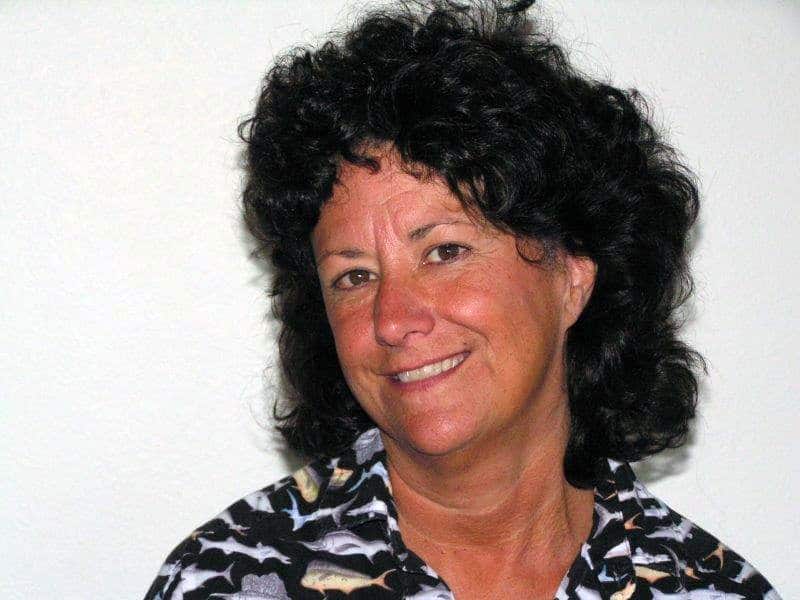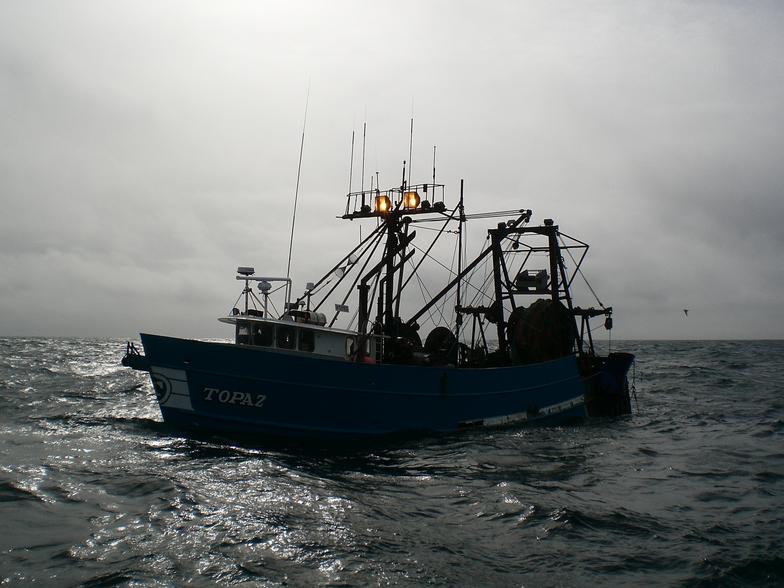Alaska Rep. Louise Stutes (R-Kodiak) reports she's“optimistic” about the start of the state legislative session, which started on Jan. 20. Up for consideration this session are bills that would address conflicts of interest for Board of Fisheries members, duplicate boat registration requirements, and the Fish and Game budget.
“I feel like the people of Alaska have sent a message to the administration, and I’m hoping the administration will be a little more willing to interact with the Legislature,” she said. “That was a big stumbling block last year. We did not have much communication between the administration and the Legislature. And you just don’t get anything done when you have such a divided body. I’m optimistic that we can come together as a unit and protect Alaskans.”
As chair of the fisheries committee, Stutes said a top priority will be ensuring a robust Fish and Game budget.
“When you cut the Fish and Game budget, you’re cutting revenue to the state,” she said.
In terms of fishery measures left over from last session, Stutes said a goal is to pass a bill (H.B. 35) that resolves conflict of interest protocols for the state Board of Fisheries.
“When you have a board member who has expertise in a certain area and is conflicted out and can’t even express his knowledge to other board members, what’s the point of having him on the board?” she explained. “This bill will allow them to participate in the conversation but will not allow them to vote on the issue. We’ve been trying to change this for 14 years, and this is the closest we’ve come.”
Another Stutes bill (H.B. 185) aims to rewrite the 2018 Derelict Vessel Act to exempt boats already licensed with the state Commercial Fisheries Entry Commission. The new law requires that owners of all boats over 24 feet register in person at a DMV, including those already documented by the U.S. Coast Guard.
“That’s kind of a double whammy for individuals who already have registered through the CFEC. It’s a duplication of information,” Stutes explained. “The idea is not to create additional revenue for the state, but to create a database so they have access to ownership of vessels that are in Alaska waters.”







